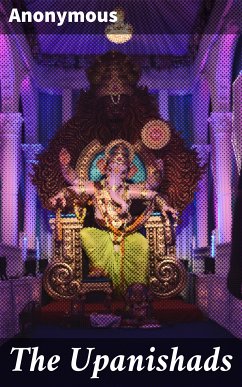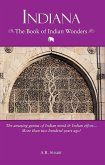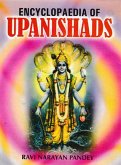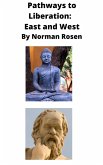The Upanishads is a profound collection of philosophical texts that form the spiritual core of Hinduism, exploring deep metaphysical concepts such as Brahman (the ultimate reality) and Atman (the self). Written between 800 and 400 BCE, these texts employ a poetic and dialogic style, featuring dialogues between teachers and disciples that interrogate the nature of existence, consciousness, and the universe. Their literary context positions them as both philosophical inquiries and meditative reflections, showcasing a transition from Vedic ritualism to introspective spirituality, making them foundational to not only Hindu thought but also comparative philosophy worldwide. The origin of The Upanishads remains steeped in mystery, attributed to various anonymous sages and thinkers who sought to unravel the complexities of the human experience. They emerged from a historical milieu grappling with spiritual questions that transcended ritual practices, as these early philosophers endeavored to understand and articulate the relationship between the individual self and the cosmos. Their collective anonymity hints at a tradition that values insights over authorship, emphasizing the universality of spiritual experience. I wholeheartedly recommend The Upanishads to readers eager to engage with the philosophical underpinnings of Eastern thought. Its timeless inquiries invite contemplation and dialogue, making it not only a text of religious significance but also a philosophical treasure for anyone seeking to understand the deeper currents of human consciousness and existence.
Dieser Download kann aus rechtlichen Gründen nur mit Rechnungsadresse in A, B, BG, CY, CZ, D, DK, EW, E, FIN, F, GR, H, IRL, I, LT, L, LR, M, NL, PL, P, R, S, SLO, SK ausgeliefert werden.









